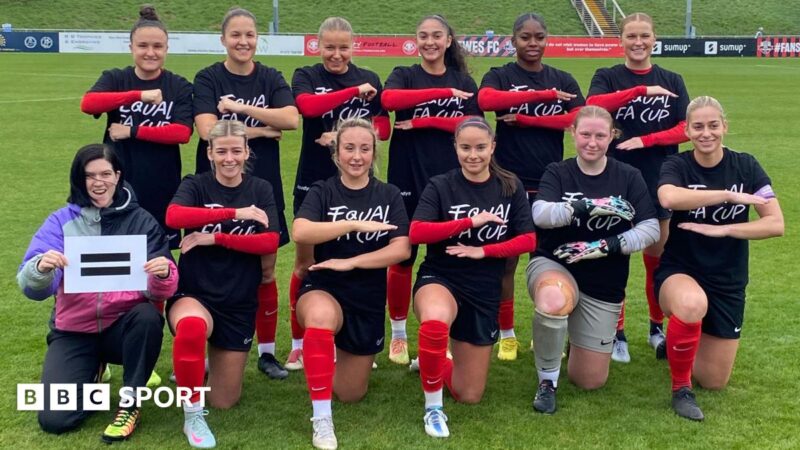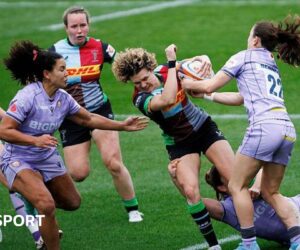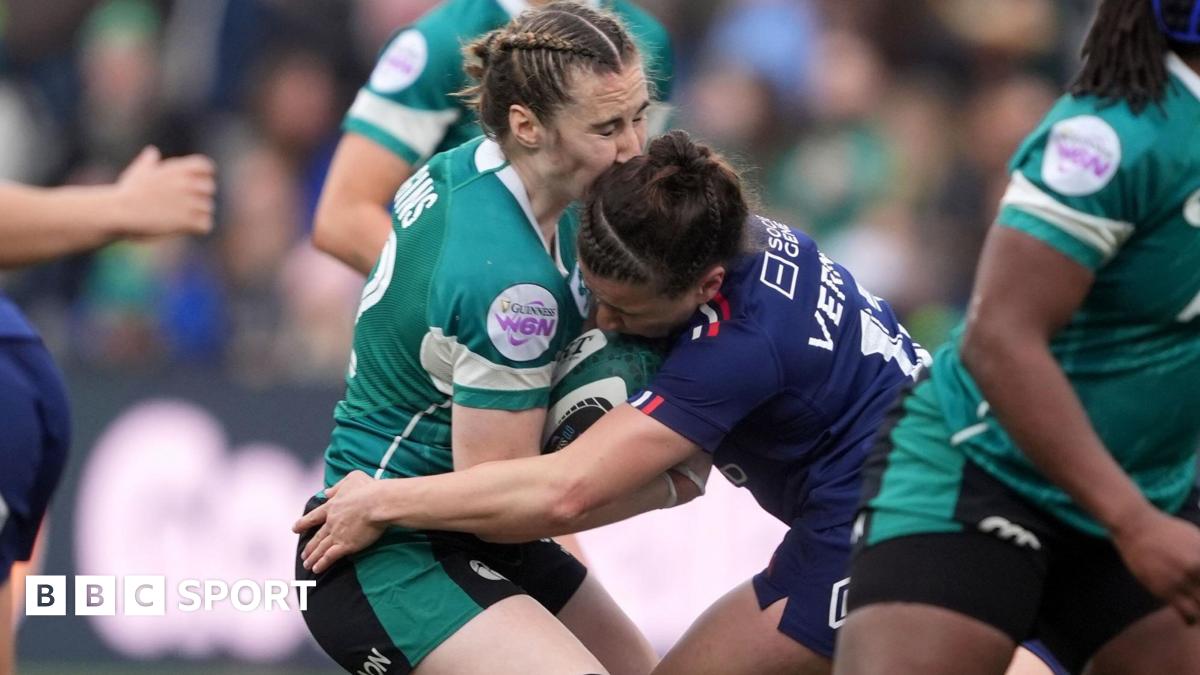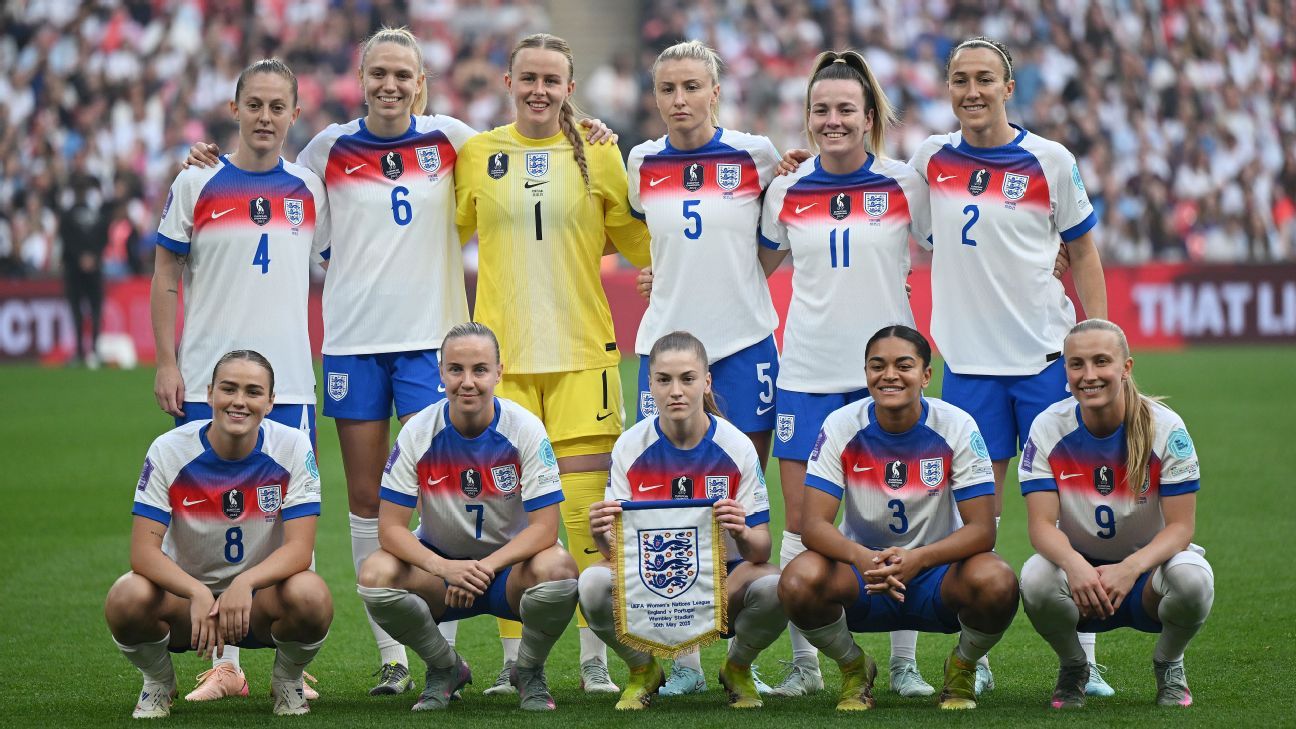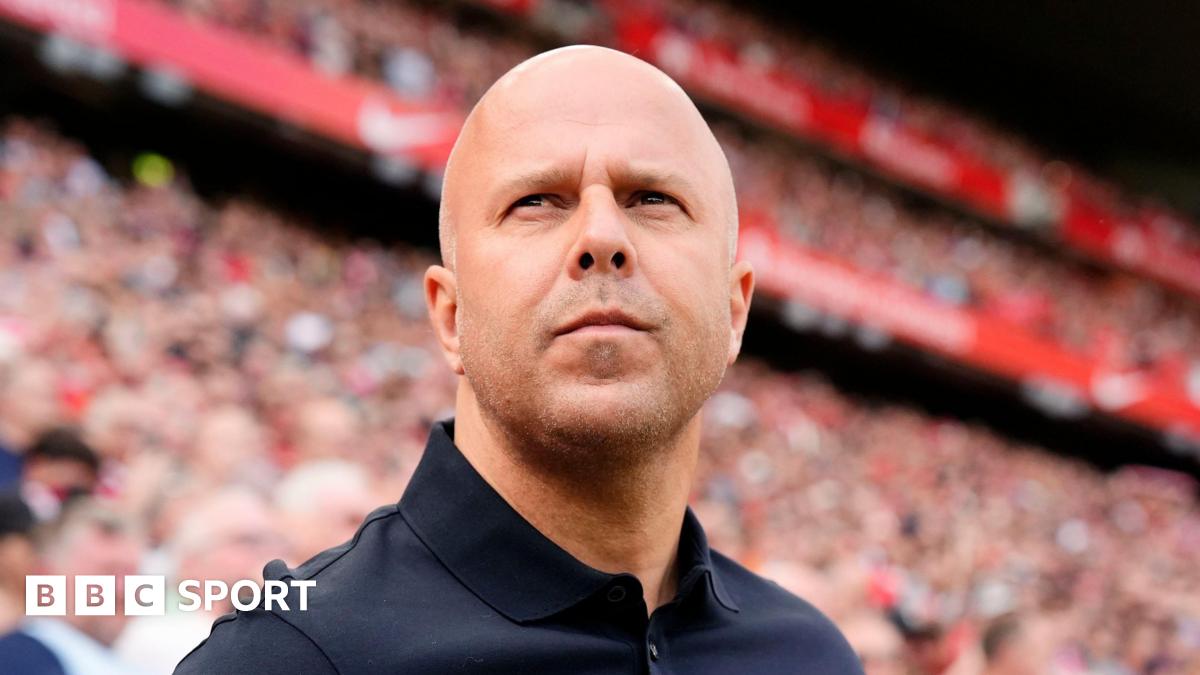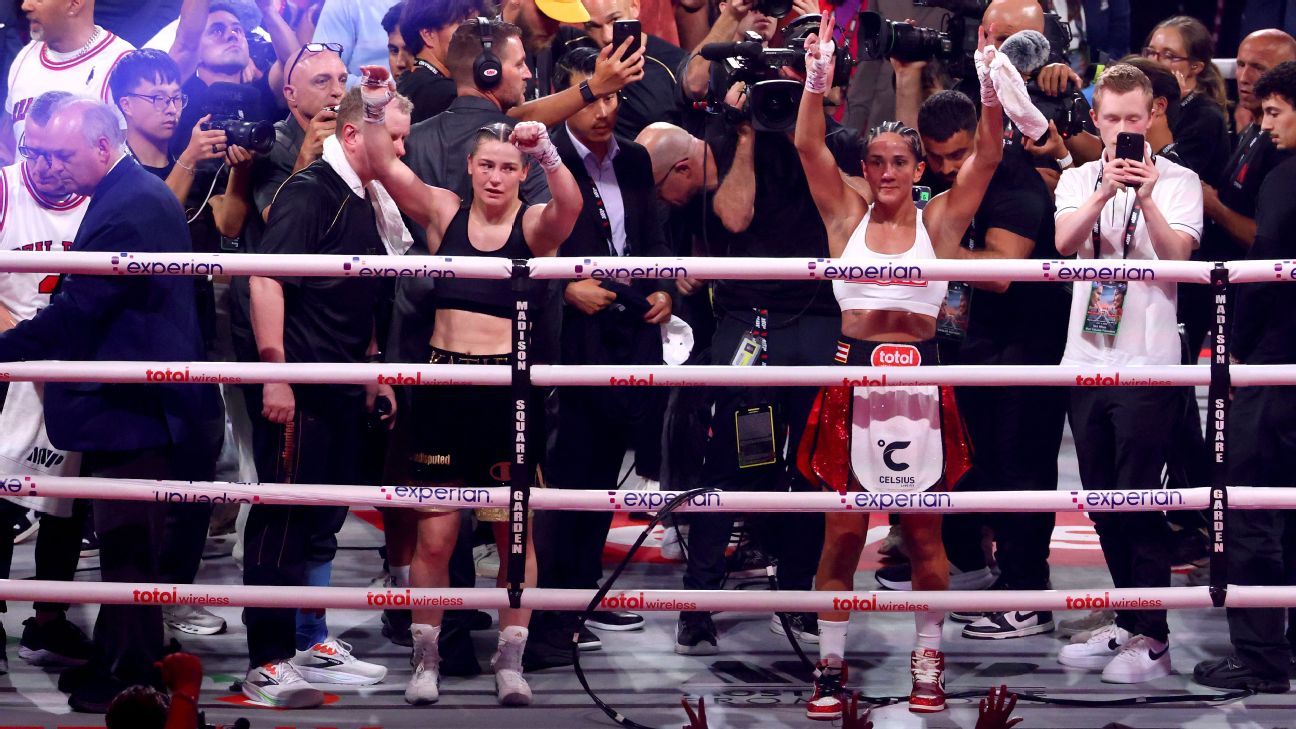This weekend it is the women’s FA Cup second round and everyone is hoping that with a fair wind they may make it all the way to Wembley – well we can dream, can’t we?
In 2017 Lewes Football Club, where I am a director, became the first – and still the only – professional or semi-professional club in the country to resource its women’s and men’s teams equally.
Since then, and thanks to the Football Association’s central grants and commercial revenue shares, our women’s team has at times received a greater level of support – matching their higher league position. In other words, moving from Equality FC to a position of equity.
Since 2019 we have also been campaigning for equal FA Cup prize money for the women’s and men’s competitions – not as a slogan, but as a strategy.
If the FA Cup is truly, as it claims to be, “the game’s great leveller”, then it is time for the finances to catch up with the fairytale.
For a men’s club, a win in the second round of the FA Cup is worth £79,500. For the women it is just £8,000 – a £71,500 difference.
In the first round the difference is £41,750, while in the third round it is £86,500. Same game, same rules, same competition, same knockout format, same governing body – but a different value placed on the players.
Let’s park the usual excuses – “commercial reality”, “revenue difference”, “it’s complicated”.
No, it’s not. The FA decides the prize fund for both competitions. It could easily make them equal tomorrow – it just needs to want to do it.
It is simply too easy and lazy to dismiss the call for equality, as some people do, by pointing to crowd sizes and broadcast revenues. Yes, attendances for men’s matches are higher, and yes, the men’s TV rights are currently worth more.
But the FA does not take a share of gate receipts, so that is an irrelevant argument when discussing equal prize money. And because the FA is publicly committed to redistribution, there is ultimately no valid justification for maintaining unequal prize funds.
The FA has, in the past, chosen to ignore our requests for explanations and engagement but, positively, has recently begun to be more receptive.
The irony is that the FA does know how to ‘do equality’. Since 2020, it has paid the women’s and men’s England teams the same match fees and bonuses. That principle – equal pay for equal performance – is already policy at St George’s Park.
The FA’s own ‘Reaching Higher: Women’s & Girls’ Game Strategy 2024-28′ also pledges to “deliver equal opportunities” and “build robust, high-quality competition structures”.

